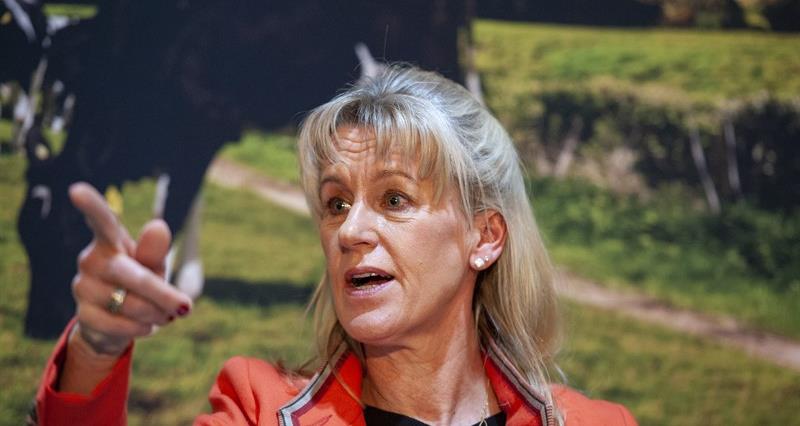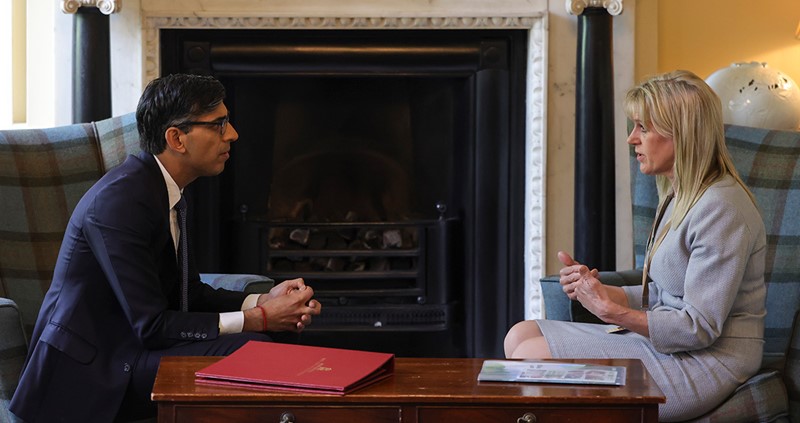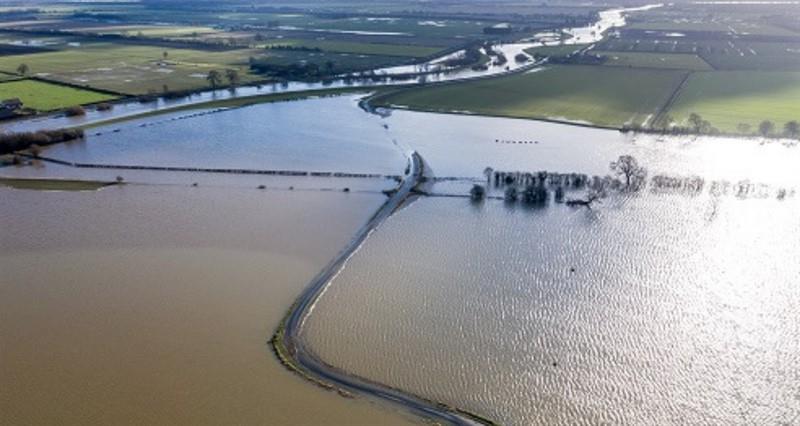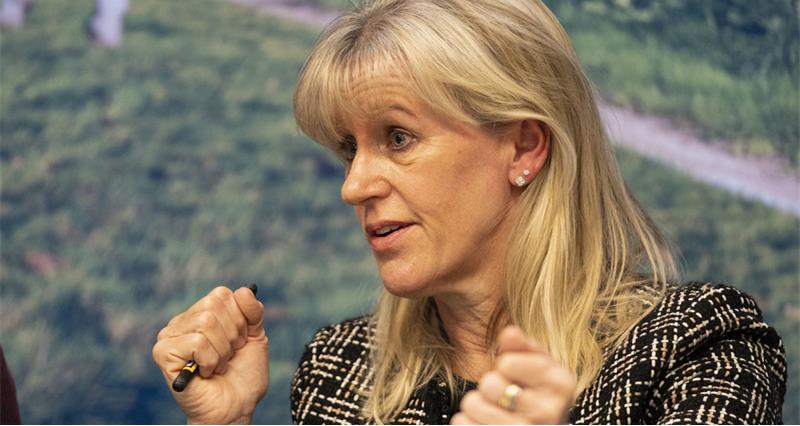In a year which has already seen UK agri-food inflation rise to 19.2%, and global instability caused by the ongoing war in Ukraine, the recent bouts of extreme weather are further highlighting the frailties of the UK’s food system.
Defra statistics for 2022 showed the UK is 60% self-sufficient in all foods. NFU President Minette Batters has called on the Prime Minister to “put words into action” and introduce legislation to “ensure the UK’s self-sufficiency does not drop below its current level of 60%”.
‘We cannot remain over-reliant on imports’
This year, the UK had the driest February since 1993, the hottest June on record and then unseasonal heavy rain which persisted throughout most of July and early August.
The Met Office also announced today that globally, July was the hottest month ever recorded.
“I have never known such volatility in the global food system,” Minette said.
“Climate change is wreaking havoc on food production across the world, with farmers in Southern Europe literally fighting fires while farmers here are despairing as they now must spend thousands of pounds to dry sodden grain. At the same time, the conflict in Ukraine is putting pressure on the global grain market.”
The recent ending of the Black Sea grain initiative has caused more uncertainty for the global crop market and could generate large movements in grain prices due to Russia’s invasion of Ukraine.
Minette added: “Ongoing inflation of input costs such as energy and fertiliser have meant that, for many farmers and growers, this year has already been incredibly expensive to produce food and now the weeks of wet weather mean more money is needed to dry the harvest that’s being gathered.
“It is clear that our food supply chains need to be better prepared and more resilient to dealing with global shocks and the extremes of weather that are fast becoming the norm.
“While we will always be a trading nation in food, we cannot remain over-reliant on imports when other countries are also facing significant challenges economically and climatically.
“Our supply chains are too vulnerable. So, the government needs to take an active interest in the UK food chain resilience.”
‘It starts and ends with food security’
The UK's self-sufficiency levels for all food types:
| Year | Production to supply ratio (%) |
| 1960 | 52% |
| 1970 | 57% |
| 1980 | 72% |
| 1984 | 78% (this is the UK's highest self-sufficiency figure, according to available data) |
| 1990 | 74% |
| 2000 | 67% |
| 2010 | 62% |
| 2017 | 62% |
| 2018 | 60% |
| 2019 | 61% |
| 2020 | 60% |
| 2022 | 60% |
As today marks the point at which we would run out of food if we only had access to UK produce, Minette highlighted the need for the UK to be able produce more of its own food at home: “It starts and ends with food security.
“Now is the time to ensure policies are in place to support the production of quality, climate friendly, home-grown food. This government has statutory targets for the environment and Ministers need now to give the same status to our food production.”



